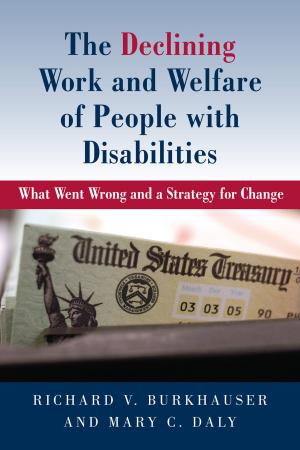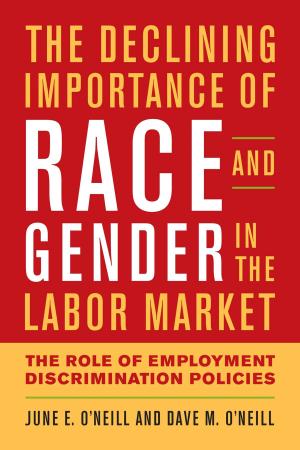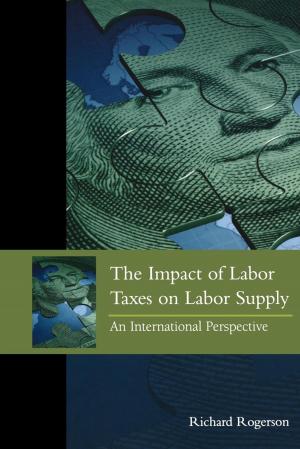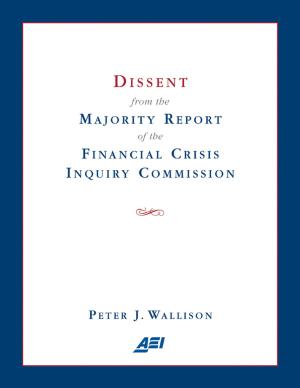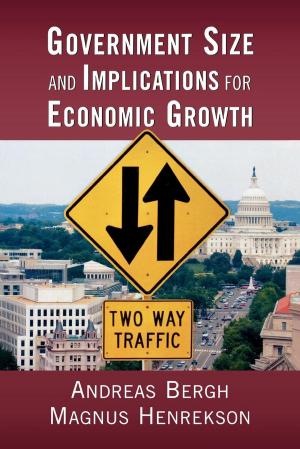Offshore Financial Centers and Regulatory Competition
Business & Finance, Economics, International Economics, International| Author: | Rose-Marie Belle Antoine, Craig M. Boise, Anna Manasco Dionne, Richard K. Gordon, Jonathan R. Macey | ISBN: | 9780844743394 |
| Publisher: | AEI Press | Publication: | June 16, 2010 |
| Imprint: | AEI Press | Language: | English |
| Author: | Rose-Marie Belle Antoine, Craig M. Boise, Anna Manasco Dionne, Richard K. Gordon, Jonathan R. Macey |
| ISBN: | 9780844743394 |
| Publisher: | AEI Press |
| Publication: | June 16, 2010 |
| Imprint: | AEI Press |
| Language: | English |
Offshore financial centers (OFCs) have a troubled reputation for enabling tax evasion, money laundering, autocratic looting, and even the financing of terrorism-but they play an essential role in the world economy. Fears of criminal activity have prompted many onshore governments to restrict offshore competition, but over-regulating OFC activity presents a serious risk of destabilizing the global financial system. In Offshore Financial Centers and Regulatory Competition, a group of leading international law and finance experts argues that offshore jurisdictions have become key players in corporate finance and captive insurance markets. OFCs offer legal protections for financial privacy and provide regulatory competition to onshore jurisdictions, forcing national governments to evaluate and reform their own tax and regulatory policies. Offshore centers also help to streamline foreign direct investment and create growth opportunities for countries with weak financial systems by providing access to global capital and sophisticated courts. As the ongoing financial crisis produces new regulatory regimes aimed at eradicating money laundering and other white-collar crimes, Andrew P. Morriss and his coauthors contend that legitimate offshore competition must be allowed to flourish. OFCs are no longer the shady tax havens portrayed in popular media, and onshore governments must recognize and protect their important contributions to the global economy.
Offshore financial centers (OFCs) have a troubled reputation for enabling tax evasion, money laundering, autocratic looting, and even the financing of terrorism-but they play an essential role in the world economy. Fears of criminal activity have prompted many onshore governments to restrict offshore competition, but over-regulating OFC activity presents a serious risk of destabilizing the global financial system. In Offshore Financial Centers and Regulatory Competition, a group of leading international law and finance experts argues that offshore jurisdictions have become key players in corporate finance and captive insurance markets. OFCs offer legal protections for financial privacy and provide regulatory competition to onshore jurisdictions, forcing national governments to evaluate and reform their own tax and regulatory policies. Offshore centers also help to streamline foreign direct investment and create growth opportunities for countries with weak financial systems by providing access to global capital and sophisticated courts. As the ongoing financial crisis produces new regulatory regimes aimed at eradicating money laundering and other white-collar crimes, Andrew P. Morriss and his coauthors contend that legitimate offshore competition must be allowed to flourish. OFCs are no longer the shady tax havens portrayed in popular media, and onshore governments must recognize and protect their important contributions to the global economy.

